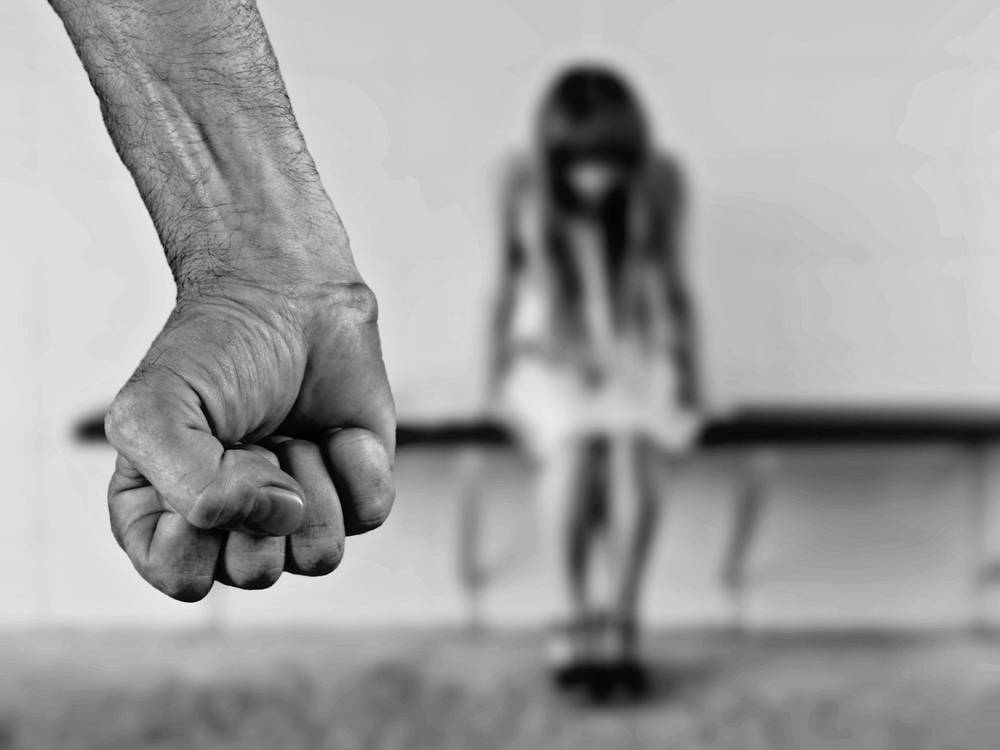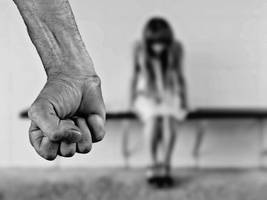Dr Jože Ruparčič, Deputy Ombudsman, responsible for children's rights at the Ombudsman institution, at Narodni Dom in Maribor on 25 October 2022 presented some thoughts on violence among young people as a social problem and some of the activities of the Ombudsman institution in the protection of children's rights to the participants of a conference titled Children in the grip of social developments (orig. Otroci v primežu družbenih dogajanj). For almost two decades, the Maribor Police Directorate has been organizing the Youth and Crime project (orig. Mladi in kriminal) every autumn. It aims to deepen knowledge and understanding of some topics that are also relevant to police work, but above all, it is also aimed at finding solutions and options available to help young people in need in a timely manner.
Deputy Ombudsman, Dr Jože Ruparčič, recalled that the country's legal order protects the dignity of an individual child and adolescent, but that the institution of the Ombudsman still faces many challenges in practice to ensure that every child in Slovenia has their rights guaranteed in practice. "The Ombudsman works mainly proactively in the field of protection and defence of children's rights, and with a special toll-free telephone number and email address, children and adolescents have the possibility to present their problems or rights violations directly to the Ombudsman," the Deputy Ombudsman stressed. Through the campaign If you see injustice, use justice! the Ombudsman has raised awareness among young people during the pandemic about their rights and the paths they can take in the event of perceived injustice and is also involved in several other projects to empower children and adolescents.
"At the Ombudsman, we constantly draw attention to zero tolerance of violence against children and adolescents, and we also pay special attention to peer violence," said Dr Ruparčič. He pointed out that social inequality and personal circumstances can affect a child's situation, social inclusion, personal empowerment, educational opportunities, and school performance. Children with different personal circumstances, such as gender or religion, children of foreigners or migrants, children with special needs, and others are additionally vulnerable. Dr Ruparčič also recalled the causes and circumstances that lead to violence, including peer violence, and the pandemic period, when interactions have moved online and the potential for some violent behaviours, which are not necessarily well understood, has increased there. "The Ombudsman is therefore working together with the Koper Scientific Research Centre and primary schools in Ljubljana on the REBOOT NOW project - Preventing Gender-Based Violence in Schools, funded by the European Commission under the Citizens, Equality, Rights and Values Programme (CERV). We are also collaborating with the Centre for Social Informatics at the Faculty of Social Sciences of the University of Ljubljana on the international TRACeD project, which aims to address gender-based violence against girls and young women online," said the Deputy Ombudsman.
At the Ombudsman institution, we promote support for victims of violence and in this context, we also support the project of students of the Faculty of Education at the University of Primorska titled “React - you are not alone!” (orig. Reagiraj - nisi sama, nisi sam!), which teaches how to help victims of violence and empowers victims on how to report violence. The Ombudsman was also one of the first to support the establishment of the Children's House (Barnahus), recognizing the urgent need for a child-friendly, multidisciplinary, and inter-institutional model for the treatment of victims of sexual abuse and the provision of services to children who are victims or witnesses of violence. "The House is a step in the direction of strengthening Slovenian justice as a child-friendly justice system, and it enables effective cooperation between judicial, social, and health institutions, which share premises in a child-friendly building, in order to prevent secondary victimization of the child, as sexual exploitation and sexual abuse are among the most serious forms of violence against children," Deputy Ombudsman further emphasised.
Article 56 of the Constitution provides that children shall enjoy special protection against economic, social, physical, mental, or other exploitation and abuse. In this light, the state has a duty to ensure the welfare of children, not only by creating substantive but also procedural arrangements to ensure that the child has a properly active position in decision-making procedures concerning matters that concern them. "Any action to protect children must be taken in the best interests of the child, bearing in mind that children are not merely objects of protection but active rights-holders. Children need to be listened to and heard. This is the only way we can help to improve their situation and ensure a decent life for them," said Deputy Ombudsman Dr Jože Ruparčič.

